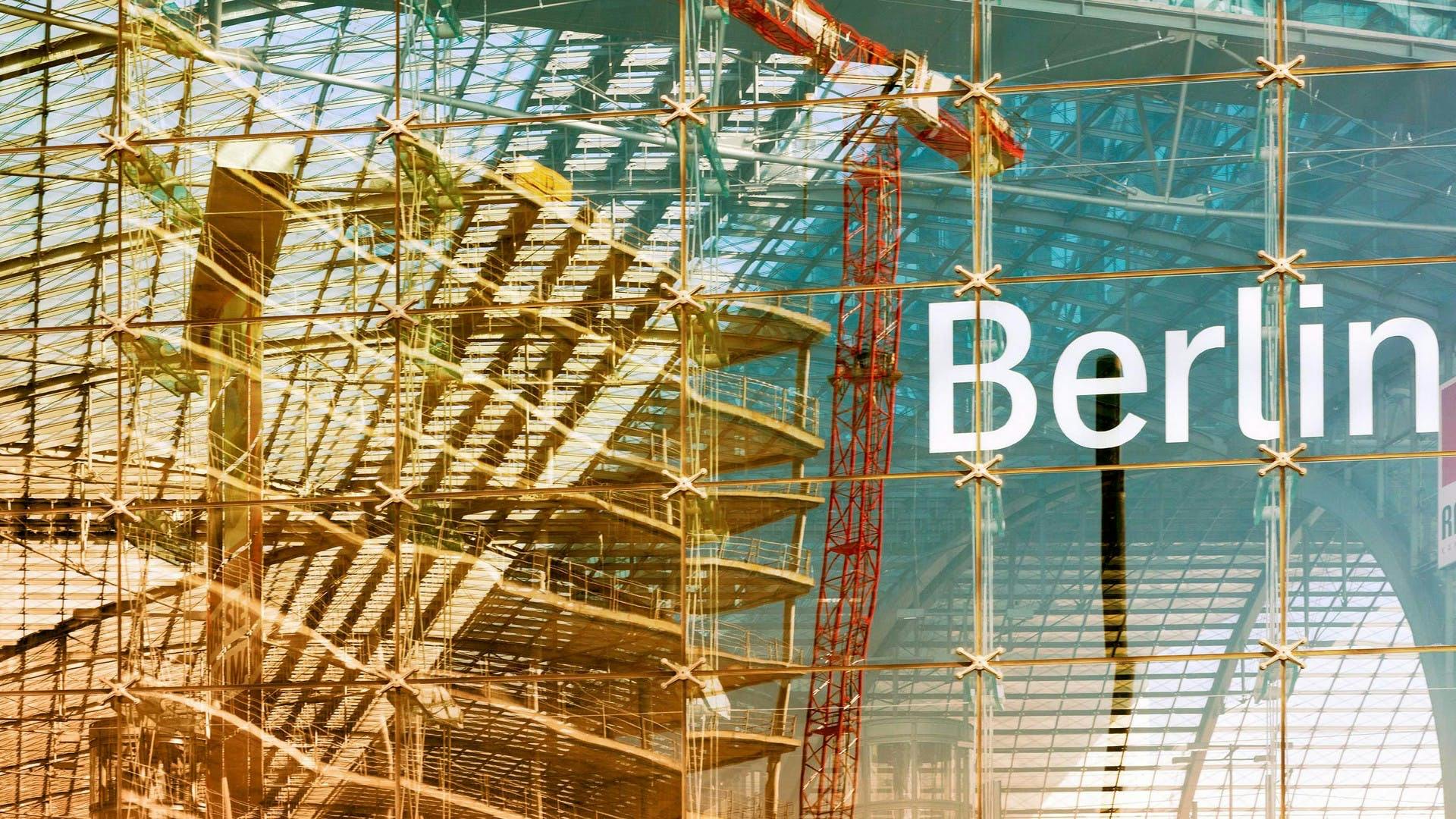In 2019, can Berlin be considered a serious startup ecosystem?
o what extent can the German capital be considered a serious entrepreneurial ecosystem? That’s the question we asked people who’ve been active in Berlin’s startup scene for the past several years.
After reaching out to local entrepreneurs and startup employees in recent weeks for their views on whether or not Berlin’s ecosystem has been wasting its potential, we received varying perspectives and realized it was a topic many people felt passionate about.
The argument that Berlin has been floundering its entrepreneurial potential was raised in 2016 by communications professional Shaun Kemp in his op-ed for news site, The Local. Shaun entered the world of Berlin startups in 2014, after over 15 years working at industry leaders in the UK and Sweden.
Either it’s the same old familiar territory or a bunch of blockchain startup clones.
Over the past few years, Berlin has strengthened its fintech sector and attracted entrepreneurial talent from across the globe. Home to fintech unicorn N26 and retail giant Zalando, Berlin ranked in tenth place in the 2019 Global Ecosystem Report, trailing behind only two other European cities: London and Paris.
[ Read also: ‘Females have to invite females’: Founders weigh in on Berlin’s ecosystem ]
In light of the ecosystem’s progression toward maturity, we were keen on finding out how Berlin-based movers and shakers felt about their ecosystem today. As it turns out, opinions vary and can’t be seen in black and white terms.

Berlin's TV Tower. Photo: Unsplash/Flo Karr
A lack of great ideas, solutions to real problems and experience
While Shaun believes that Berlin no longer lags far behind other startup cities such as New York, London and Stockholm, and says most of the points he mentioned in his op-ed have since improved, he thinks great ideas haven’t exactly been bursting out of the Berlin scene.
“Either it’s the same old familiar territory or a bunch of blockchain startup clones,” he tells Startup Guide.
Fabian Dudek’s perspective echoes Shaun’s. Fabian, who’s the cofounder of GlassDollar, a platform for startups and investors to close deals, argues that Berlin is becoming less of a serious ecosystem.
“Berlin startups have lost the aspect which really makes them special,” Fabian says. “They aren’t finding real problems to address and new solutions.” Having lived in Berlin since 2014, he says he’s seen numerous startups with wacky ideas and questionable business models try and fail to get established in the scene.
[ See also: ‘Startups should focus on a mission that’s bigger than profit’ ]
Local investors are overwhelmed by the sheer quantity of startups out there that need funding, Fabian says, adding that this “extrapolates the problem of finding investment.” Compared to other ecosystems, Berlin has relatively low levels of funding quality due to a lack of experienced VCs, according to the 2019 Global Startup Ecosystem Report.
Speaking of a lack of experience, Nicholas Borsotto, an economist, technologist and the founder of an advisory firm, thinks that what holds many middle-sized Berlin startups back is a lack of experienced employees.
“Berlin’s lack of experienced entrepreneurs, business angels and other stakeholders make it hard for startups to achieve the kind of breakneck growth seen in other ecosystems, such as in London or the US,” says Nicholas, who’s lived in Berlin for over five years.
Nicholas agrees to a certain extent with Shaun and Fabian in telling Startup Guide that “many Berlin companies seem to be working on concepts rather than actual products, with little time invested on the business side.”
An environment that’s open to failure
Other Berliners see it differently in that they think experimenting with so-called wacky ideas is precisely what their city needs.
“I’m not sure whether this is a result of the investment landscape or if it’s a cultural thing, but our startups always seem to play it safe and aim close to home,” Nick Dijkstra, COO at marketing agency, hype.partners, tells Startup Guide.
“Trying out a dozen crazy ideas in an environment where people are allowed to fail could result in one globally successful initiative,” Nick says, adding that “startup culture needs creativity, blended with a healthy dose of business insight and a big vision.”
Roldano De Persio, cofounder of nøørthus and a Berlin resident since 2012, agrees with Nick. Roldano argues that Germany has enough serious entrepreneurs. “It’s normal for an ecosystem to have many failures,” he says, noting that N26, Zalando and Lieferando all likely started off as wacky ideas.
Sherzod Gafar, who is a startup mentor and has worked at Berlin startups for the past four years, is of a similar opinion and then some. “Berlin isn’t doing enough to foster even more of these crazy dreamers and doers,” he argues, pointing out Germany’s complex tax system and tight regulations when it comes to launching a business.
“Failure, chaos, great ideas which at first seem silly... these things are all part of the journey,” Sherzod says, adding that there’s nothing wrong with founders coming to Berlin to validate or invalidate their assumptions.

Berlin's main train station. Photo: Unsplash/Ricardo Gomez
An optimistic outlook
In spite of their varying perspectives, most of the locals we spoke to for this piece could agree on one thing: that the future looks bright for Berlin’s startup scene.
As some startups from the early days of Berlin’s ecosystem close, stagnate or are acquired, and employees from these companies move on to other opportunities, they bring with them valuable experience which finds its way back into the ecosystem, says Nicholas.
“More and more experienced professionals from countries like the US and the UK are also coming to the city, bringing with them new management styles and ideas,” Nicholas adds.
Berlin now has more to be proud of than just homegrown successes like N26, Shaun says, noting that “ambitious startups like Inkitt and Blinkist have survived for several years without compromising their unique offerings.”
Trying out a dozen crazy ideas in an environment where people are allowed to fail could result in one globally successful initiative.
Serial entrepreneur and Tel Aviv native Mali Baum, who's been active in Silicon Valley, New York, Berlin and Tel Aviv, couldn’t agree more that the German capital is on its way to reaching its full potential.
“It’s the best place to test your product and hire the most phenomenal people,” says Mali, who moved back to Berlin five years ago. Indeed, the latest Global Ecosystem Report highlights Berlin’s international talent and ability to attract millennials as key reasons for startups to move here.
But if startups in the city hope to scale, this will depend on VCs “opening their pockets” and investing in the new generation of businesses, she says, predicting that Berlin will see more unicorns arise from its ecosystem in the years to come.
On the question of whether Berlin has the potential to rival the likes of more mature global ecosystems, Mali has a positive outlook. “If Tel Aviv did it in 20 years,” she says, “we can do it in 5 to 7 years.”
With interviewing by Miriam Partington
Main photo by Unsplash/Samuel Zeller

